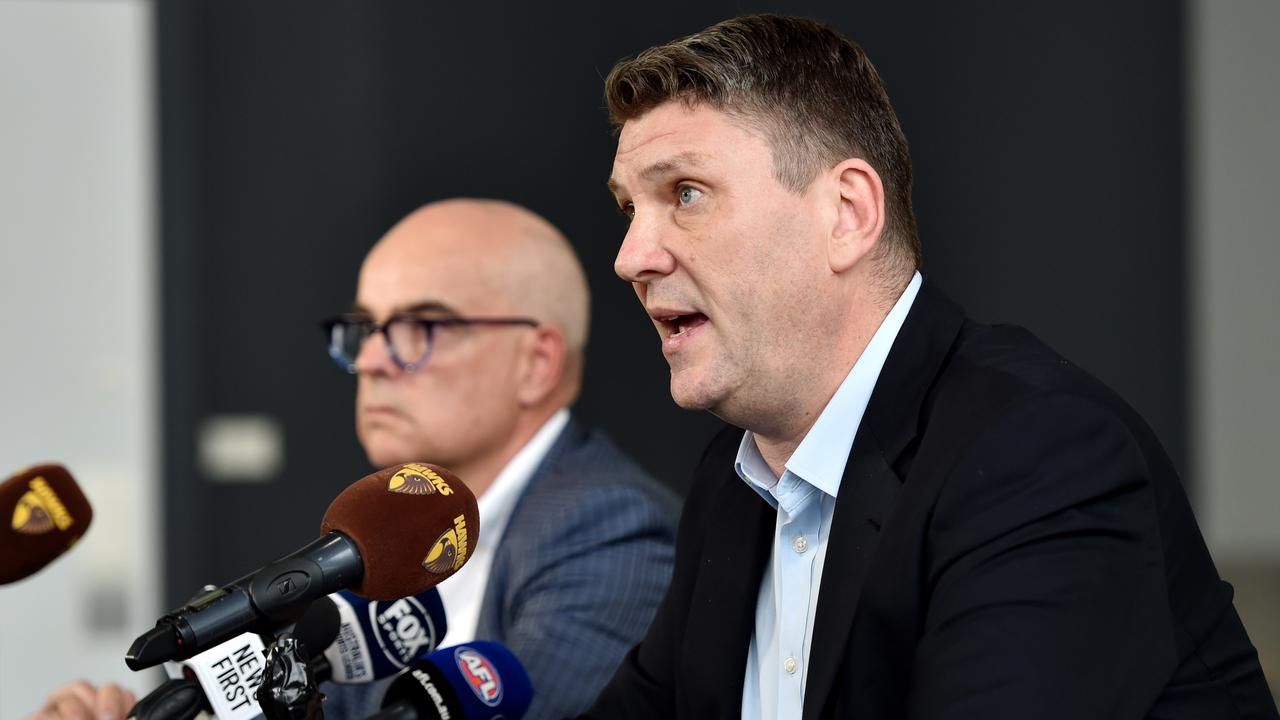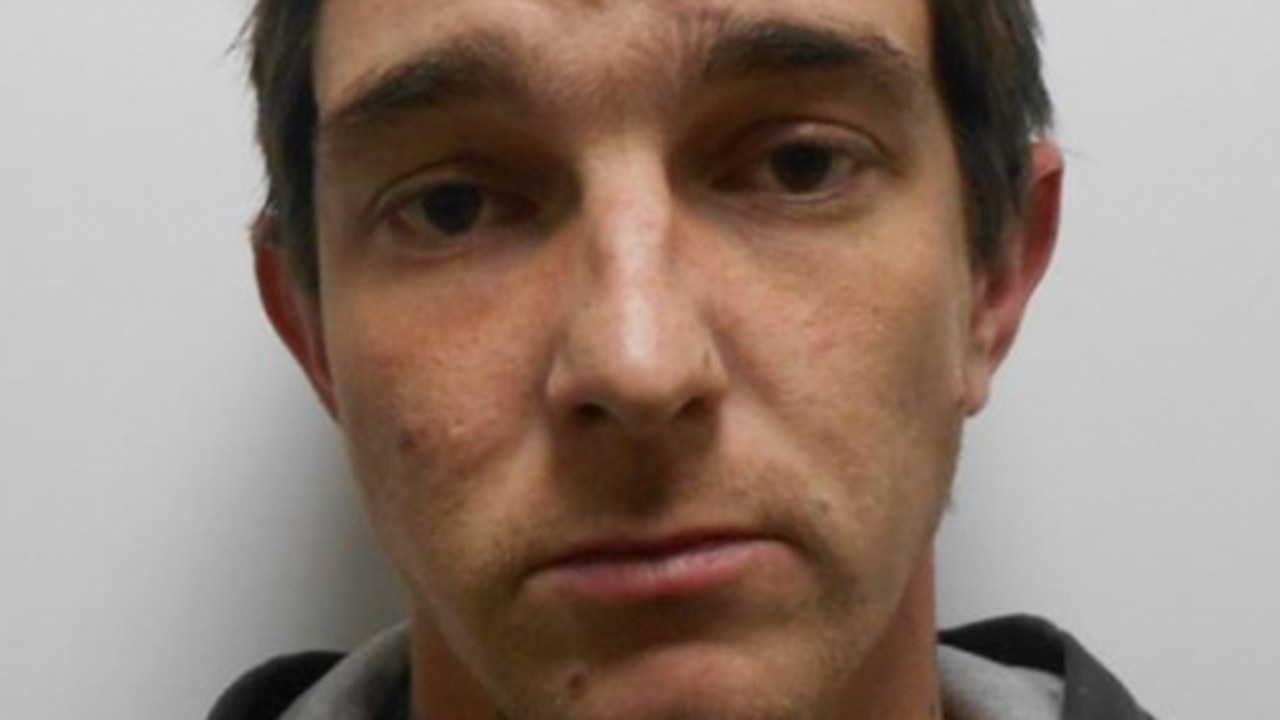Budget review raises cost concerns for Labor’s plan to scrap public service wages
Questions have been raised over an election promise to scrap the public sector’s wage cap, with the NSW Treasurer calling the numbers a “fantasy”.
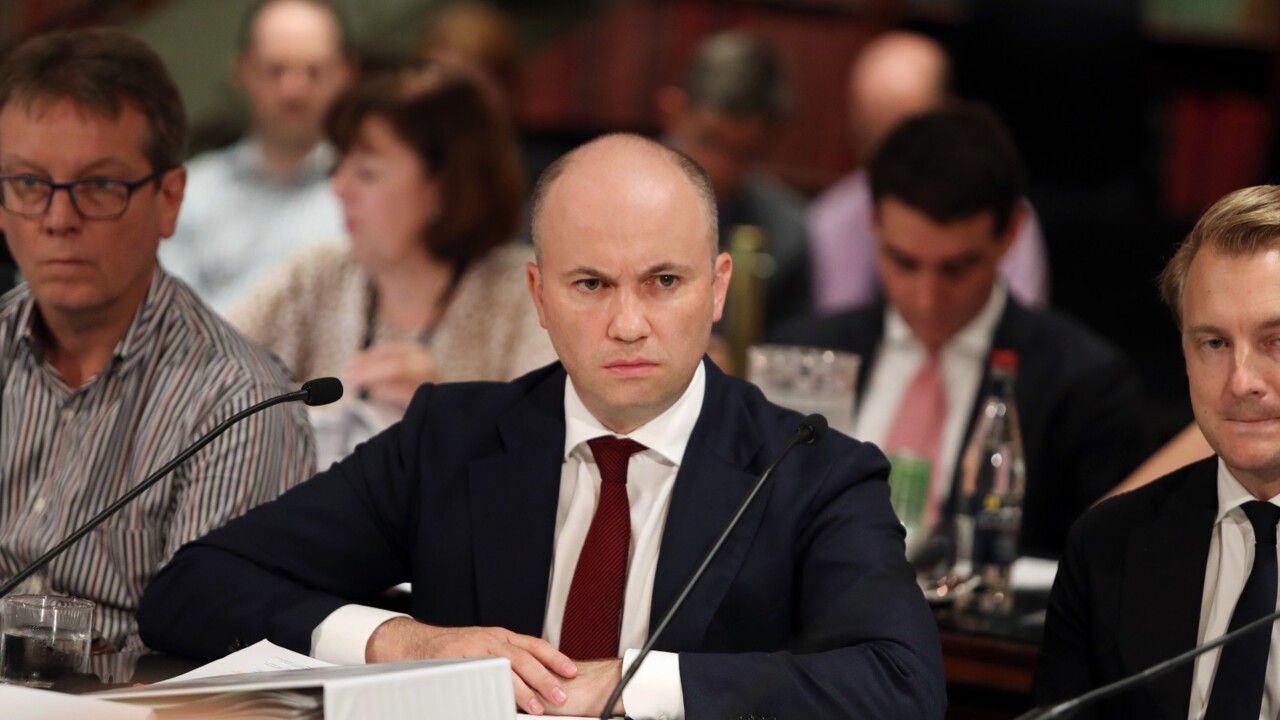
NewsWire
Don't miss out on the headlines from NewsWire. Followed categories will be added to My News.
Questions have been raised over NSW Labor’s promise to scrap the 3.5 per cent wage cap for public sector workers, with concerns a 1 per cent increase could raise state expenditure by $2.6b.
Public sector wages make up about 40 per cent of the NSW budget, with the Coalition costing the existing wages cap at $4.4b over the next four years. This includes a 3 per cent increase in 2022-23 and up to 3.5 per cent in 2023-24.
Meanwhile, Labor will go to the state election on a policy of scrapping the wage cap.
On Tuesday, Labor Leader Chris Minns even guaranteed public sector workers would be paid more than the 3.5 per cent offered by the government through “budget savings and productivity gains,” with “no Budget impact in the four years to 2025-26”.
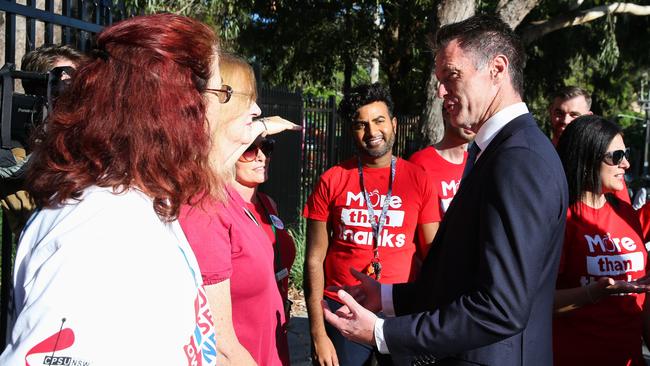
However, an independent assessment of the policies put forward by both parties and released by the Parliamentary Budget Office (PBO) on Monday questioned whether the wages could be delivered on budget savings alone.
It is not possible to cost Labor’s wage cap policy, as implementing it would involve wage negotiations with each sector after the election.
But the PBO suggested a 4 per cent increase in 2023-24 - 1 per cent higher than the government’s offer, followed by a 3.5 per cent increase in 2024-25 and in 2025-26 could see the wage bill increase by “a cumulative $2.6b over three years”, if it could not be offset through budget savings.
They also said higher wages would likely be approved by the Industrial Relations Commission during times of higher inflation, which carries “material risks” around staffing levels and cost reduction in other areas.
“The PBO notes significant risks that wage growth could exceed the Government’s targets and fully offsetting savings may not be identified,” it said.
“Achievement of productivity savings will depend in large part on Government’s ability to negotiate these savings with unions.
“The historical experience in NSW is that this has proven difficult in practice.”
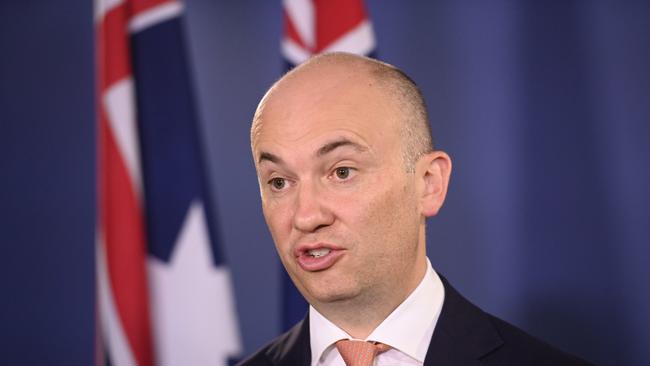
Treasurer Matt Kean was quick to attack the Opposition, and said Labor’s $0 costing of their policy was “a fantasy”.
“Our policies are costed, our policies are funded,” he said.
“What we’ve seen today is confirmation from the election officials that Labor is delivering a key budget black hole, and it’s going to cost the taxpayers of the state.”
Shadow treasurer Daniel Mookhey denied accusations that Labor wouldn’t be able to identify the savings, adding they had found “$3b worth of savings on the operating side of the budget”.
“We have strict budget rules about how we intend to lift pay and conditions for our essential workers,” he said.
“We just want to be able to sit down and talk with our essential workers and to develop a plan to fix those services and show them the respect they deserve.”
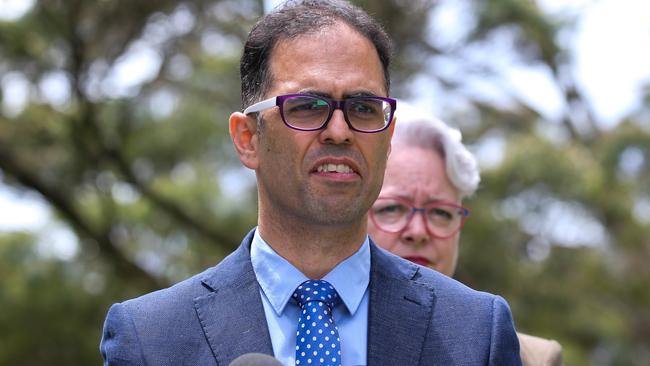
According to numbers put forward by the PBO, the budget under both the Coalition and Labor would be returned to surplus in 2024-25.
Factoring in each party’s costings, the general government net operating balance appears to be stronger under Labor.
NSW will record a $11.96b deficit from 2022-23. and $7.01b deficit in 2023-24, before the budget returns a surplus of $1.04b in 2024-25 and $1.38b in 2025-26, under Labor’s plan.
The Coalition is forecast to return a $12.05b deficit in 2022-23, a $7.80b deficit in 2023-24, before a surplus of $684m in 2024-25 and $1.28b in 2025-26.
Originally published as Budget review raises cost concerns for Labor’s plan to scrap public service wages

